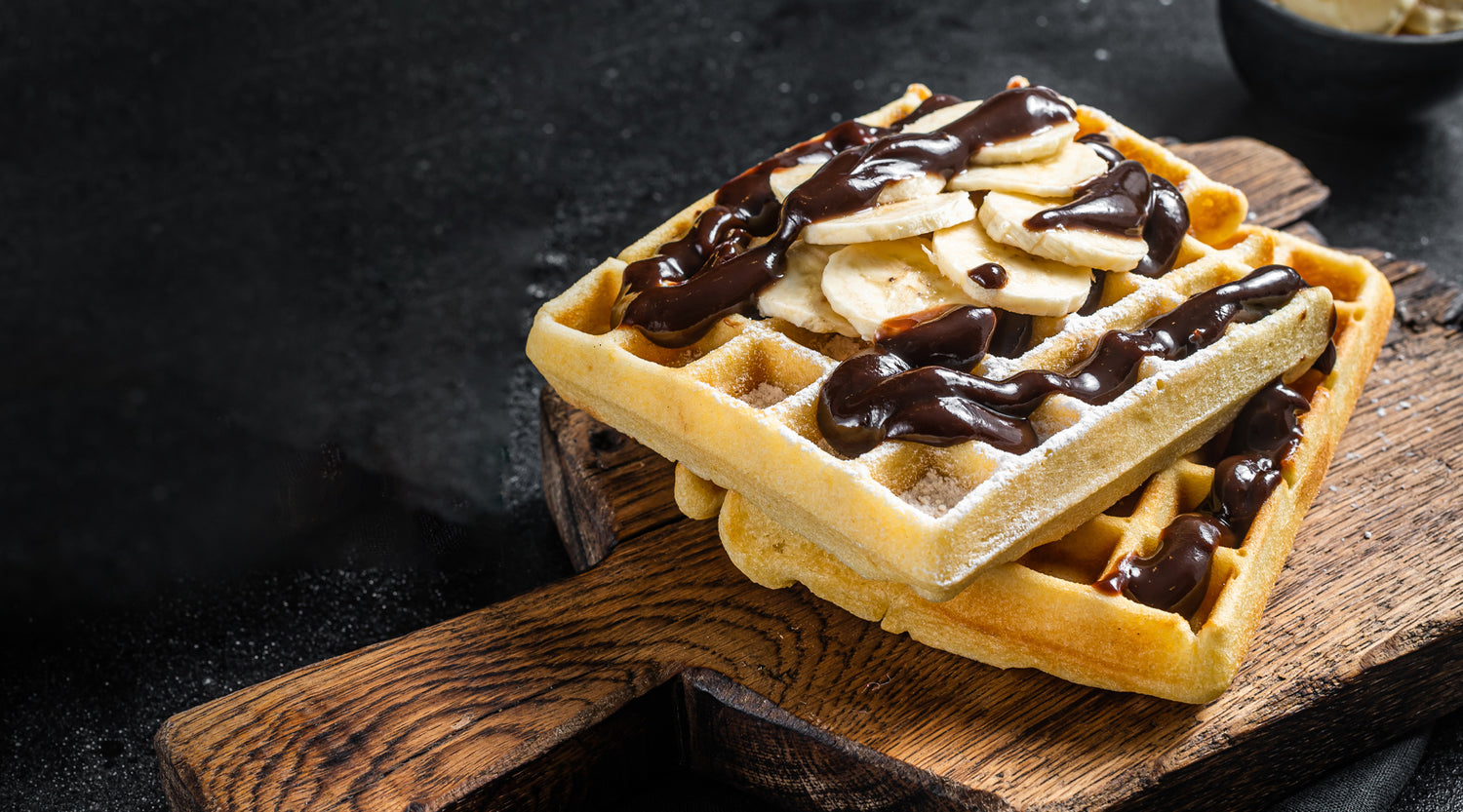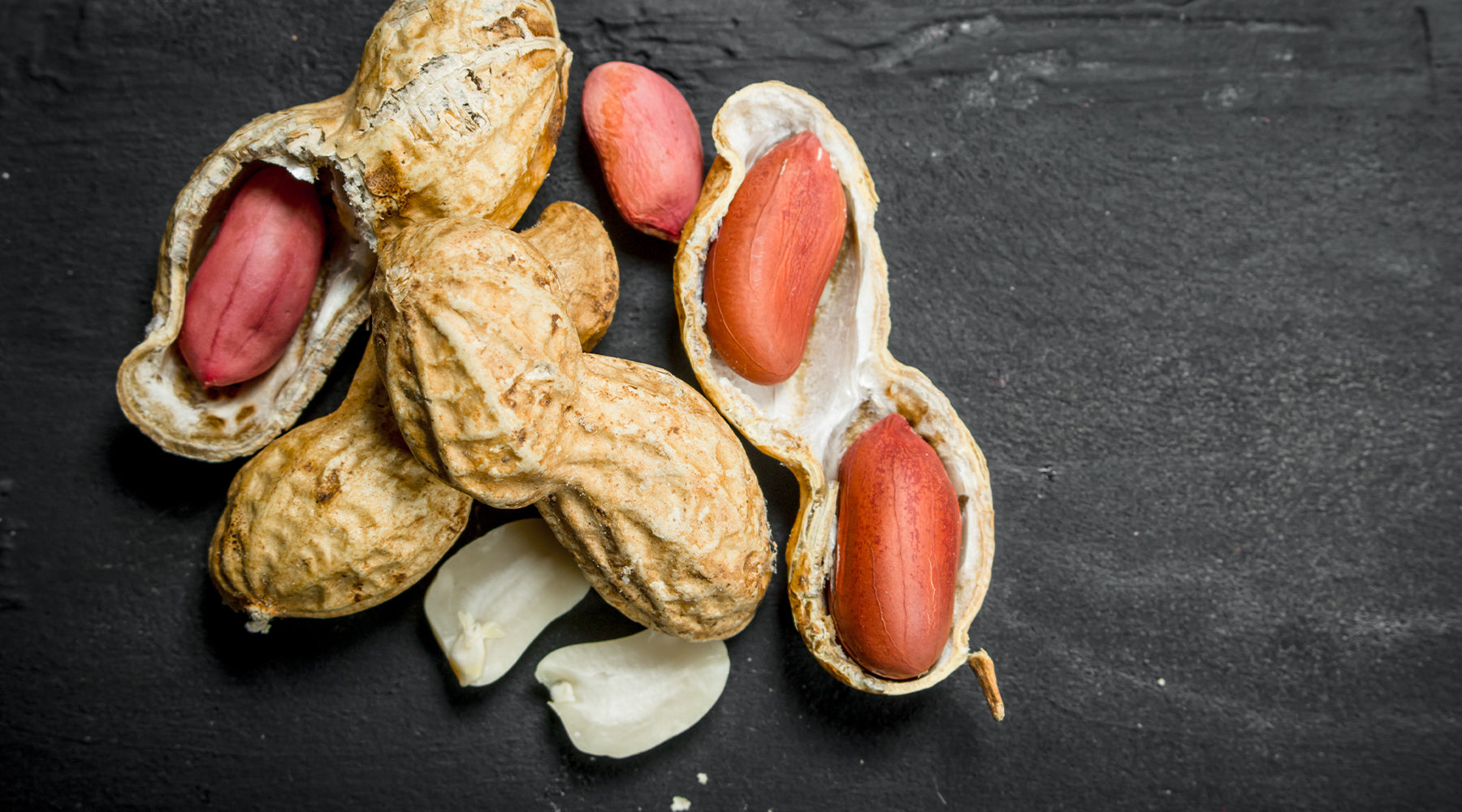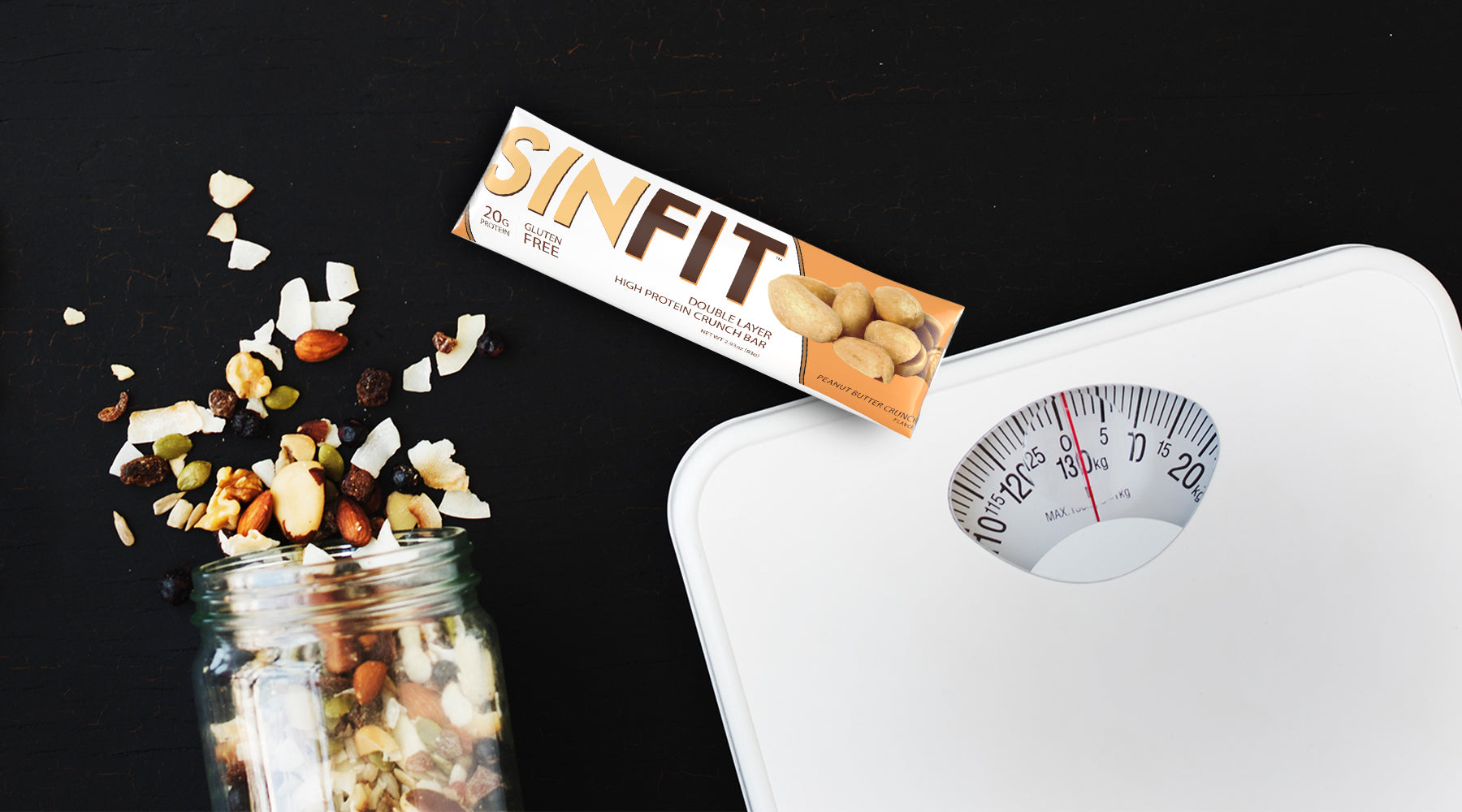Your food knows a thing or two about change. You used to be able to look at the back of just about any food’s packaging and understand what everything meant. Today, it feels like you need to be able to decode a periodic table to understand what’s at play on an ingredient’s label. Fortunately, not all ingredients sound like a chemical reaction, there are new discoveries in the field of food science that will help you be healthier without putting taste and texture on the chopping block. One such element is cellulose gum.
What is cellulose gum?
It’s a food additive that acts like a thickener for things like sauces. It’s not really anything new, even though the name sounds cooked up by a tech billionaire. It’s used to improve their shelf life, flavor and texture of a great number of foods. That said, you probably don’t have it in your kitchen cupboard which could make you a little suspicious of its intentions. Rest easy. It’s made from the cell walls of growing flora like trees and cotton seeds. It’s this that makes your foods thick and creamy while working to stop your cookie dough ice cream from copping freezer burn.
Is cellulose gum dangerous?
To answer this, it’s wise to understand that cellulose gum acts like a lesser or two evils. It’s used to create low fat products that are lower in calories which means they help you control your weight. What happens if you had to gobble down spoons of cellulose gum? Well, the FDA deems it to be a completely safe food stuff, which is a ruling that’s been supported across all food regulatory bodies the world over. It can even be labelled as dietary fiber, though it’s not quite as good for you as regular fiber. Yes, you could be allergic to it, just like people are allergic to a shrimp cocktail, but for the most part cellulose gum isn’t even absorbed and just flies straight through your body. This means allergic reactions are very low but it’s a smart idea to test it out for yourself because everyone’s body will react differently to different foods.
Is cellulose gum good for you?
Eat a bit spoonful of it and it’s more of a neutral addition to your body. It doesn’t carry much nutritional value, which is possibly why it isn’t in your cupboard. Its value lies in its application because it can make foods that are normally horrifically bad for you, more accessible by offering a healthier low-calorie alternative. It allows companies to remove the bad stuff, which normally holds all the yummy flavor and texture, then add it back in through the magic of cellulose gum. Take a humble bottle of syrup that you’d normally lather onto your pancakes and effectively turn them into a monster calorie bomb. If you choose a syrup that’s got this ingredient front and center, then you know it’s responsible for diluting the calories while maintaining all the satisfying taste. Seek it out in products and you’ll be rewarded with your favorite foods, just without any of the bad stuff. Lay it on thick and you’ll be thinner as a result.



